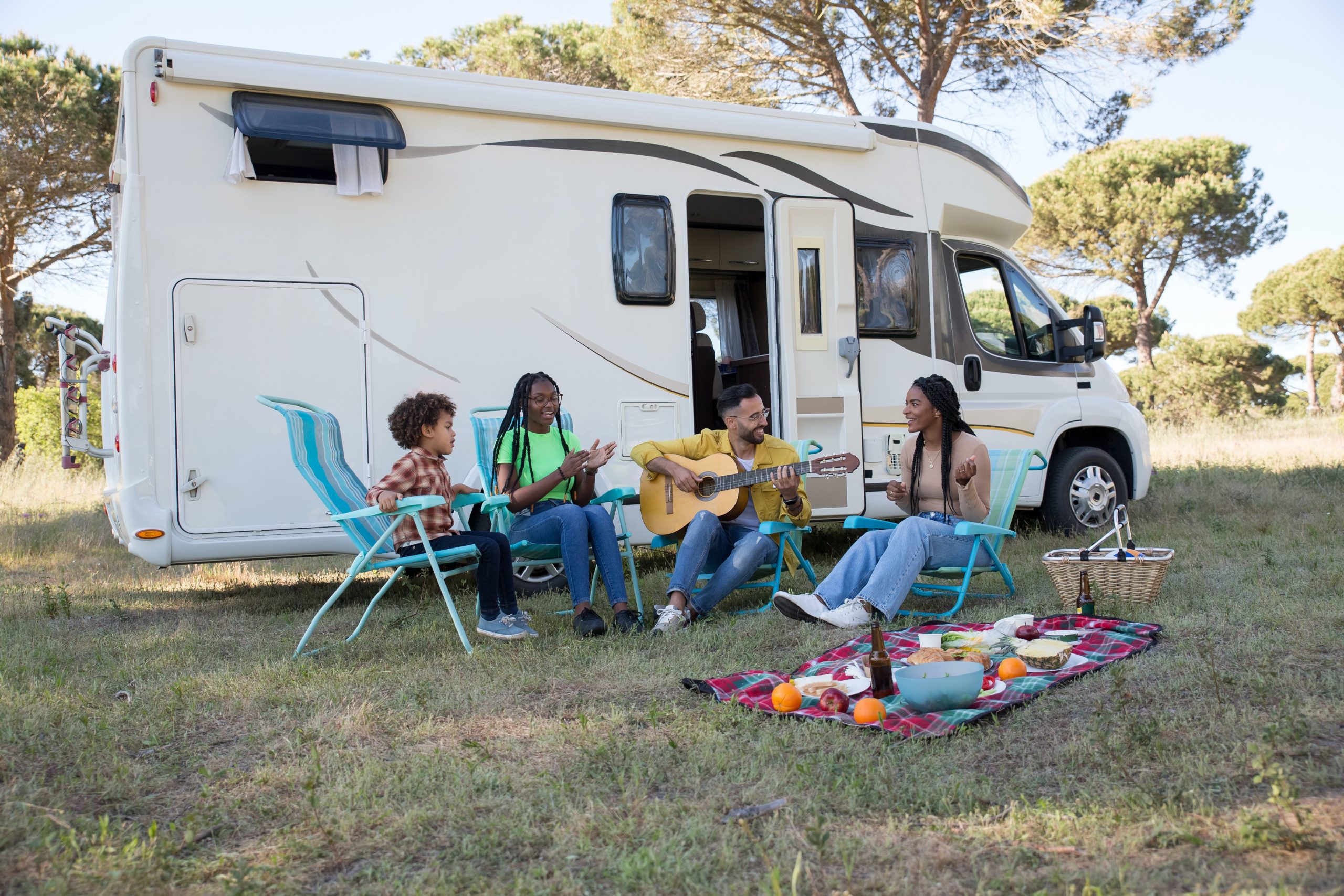The responsibilities of owning an RV are vast and varied, but the most important aspects to consider are safety, maintenance, storage, insurance coverage, and financial planning. To help you get started on your journey through life with a recreational vehicle, we’ve compiled this list of tips that will make it easier for you to be successful. Below are the responsibilities involved with owning an RV.
Safety
This means having a well-stocked first aid kit and knowing how to use it. Also, you must have a fully-functional fire extinguisher onboard – knowledge of the fire triangle is highly recommended. Your personal safety also depends on your ability to operate your RV safely. This includes operating the vehicle’s lighting, windshield wipers, horn, and other necessary controls without distraction from inside or outside forces such as animals or children who might be playing nearby. Be aware that your view of the windshield will be limited compared with an automobile because of blind spots created by its size and shape, which can affect your ability to see what’s going on around you safely.
Proper Storage
If you have an RV that is kept at home, this means finding a place where it can be stored during the winter months or offseason. If this isn’t possible, it may need to be stored at a commercial RV storage facility. Just remember that it will need to be returned to the lawn behind the house come springtime! This also means parking fairly close to the edge of the road or driveway. Otherwise, you could find yourself blocking your neighbor’s car. RV storage facilities have large gravel or asphalt parking lots where they can safely store your RV on a concrete pad which prevents it from sinking into the ground.
Maintenance
Problems can arise suddenly and unexpectedly, but they don’t always cause immediate negative effects; this makes them easy to miss until they become a major problem down the road. An example of this might be faulty brakes which aren’t immediately noticed until they fail while moving at high speed on a steep decline during vacation time! Another example would be fused near the battery designed to protect it from damage during an overload situation. Once these fuses have blown, they must be replaced with the proper fuse of the same amperage rating. Otherwise, they will fail again when called upon to protect the battery.
Insurance
This means knowing what kind of coverage you need and having all the necessary documents on hand – including proof that yearly inspections have been completed within a certain time frame mandated by law in your state. This is especially important if your RV requires a commercial driver’s license (CDL) to operate or tow, which means you have additional responsibilities outlined by federal law governing CDL holders. Also, remember that many RV policies limit coverage for damage caused by certain types of activities such as racing or stunt driving, so read your policy carefully and know the terms of coverage!
Owning an RV comes with many responsibilities related to its safety, proper storage, maintenance, and making sure the vehicle is properly insured should a problem still happen anyway. An RV can be a fun and amazing vehicle to own, but it requires the proper care and maintenance for things to continue to be fun and amazing.
Knowing how to operate and maneuver an RV properly is important, as well as making sure it receives proper care not only for the vehicular aspects of an RV, but the various other systems that allow you to live inside it such as the plumbing, heat, and gas. It’s also important to properly store your RV, whether that be at home or using a facility, to ensure it remains safe when not in use. You should also make the effort to get the vehicle insured and obtain the proper license to drive it.















